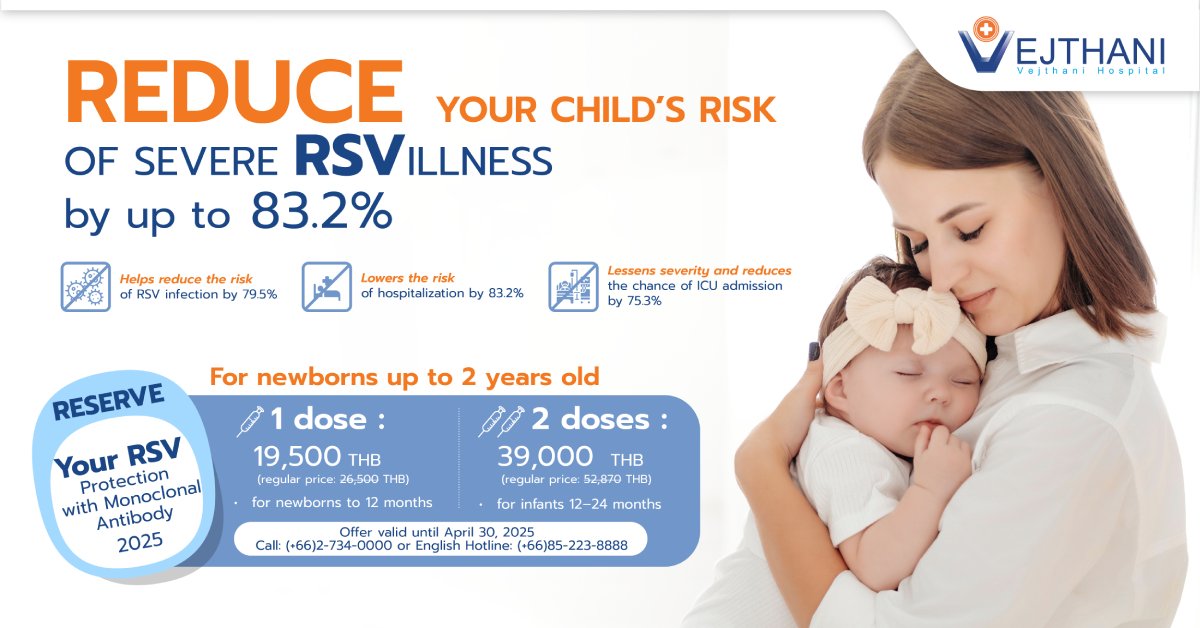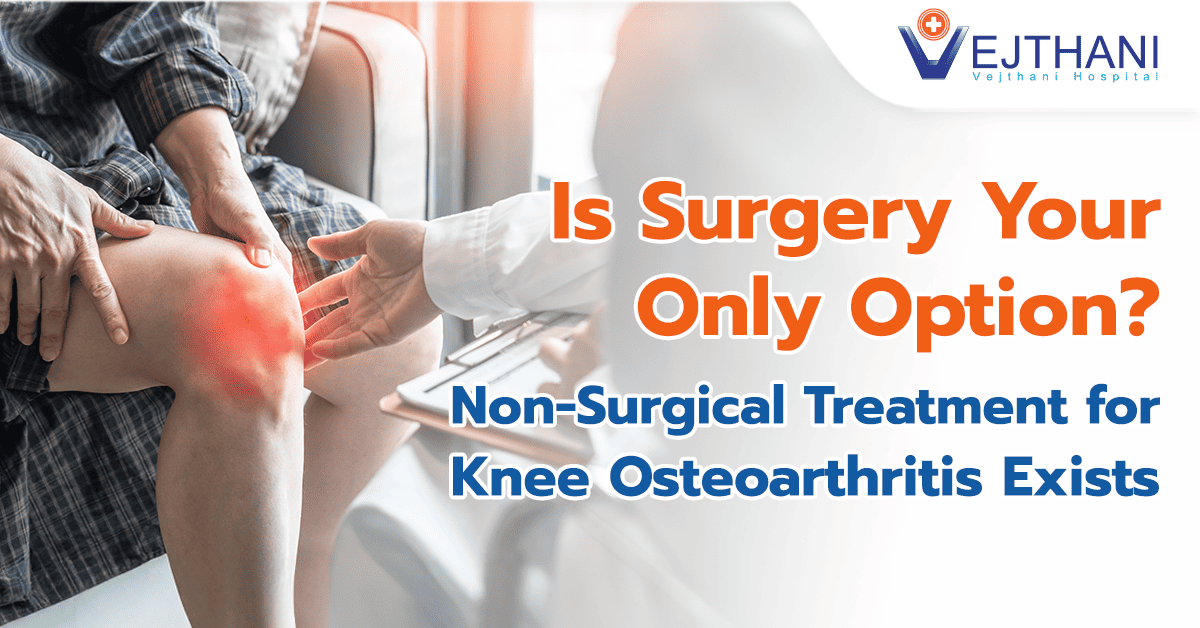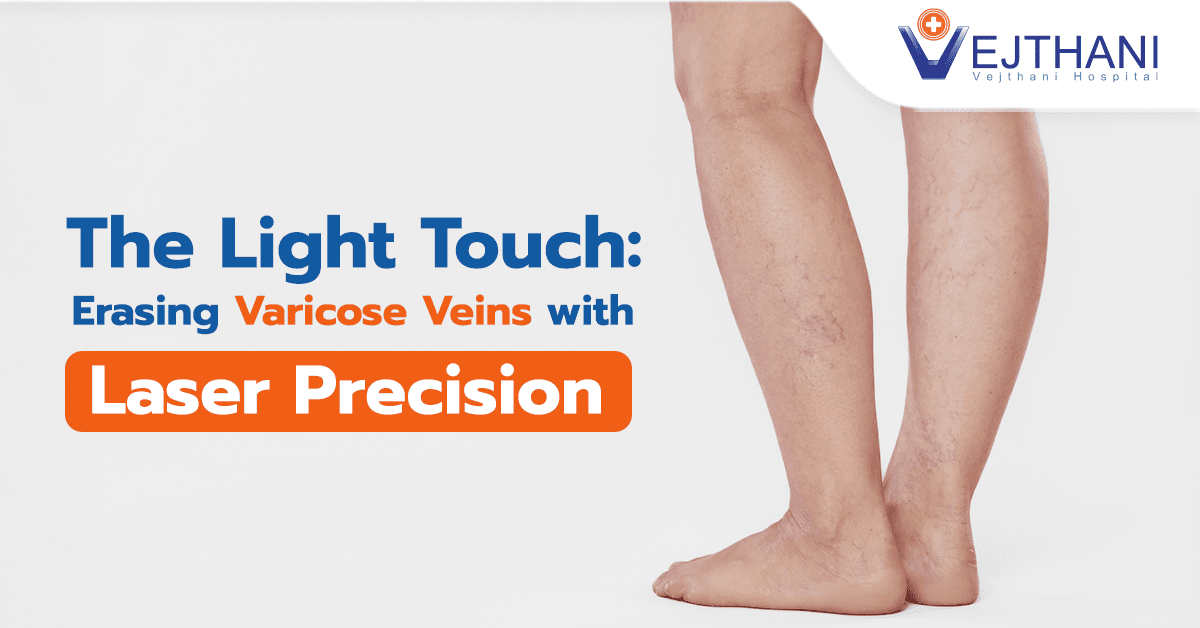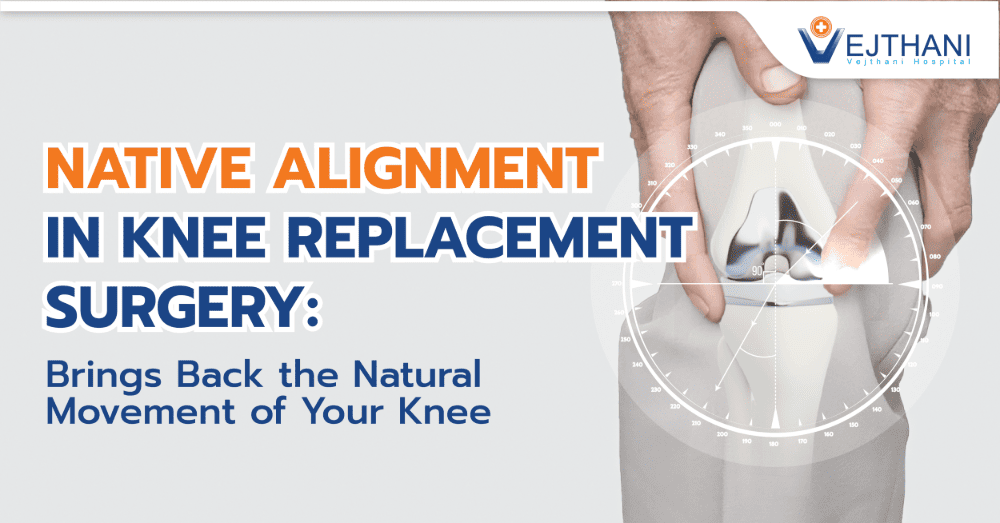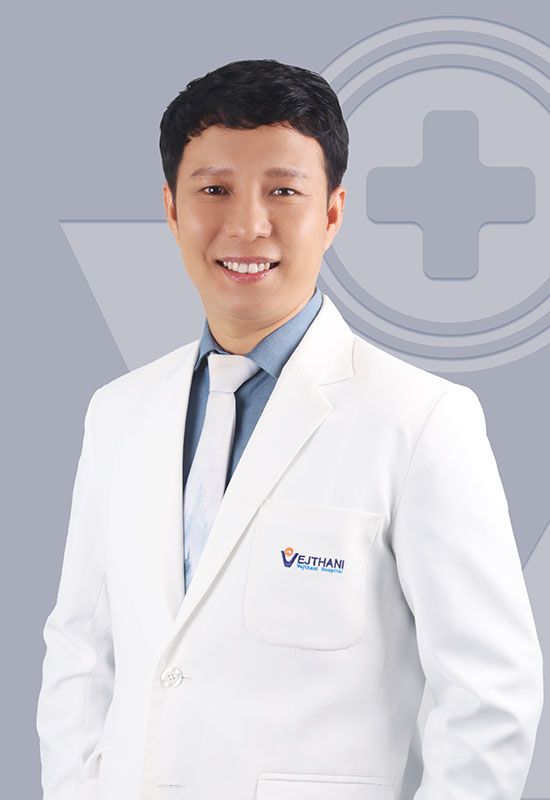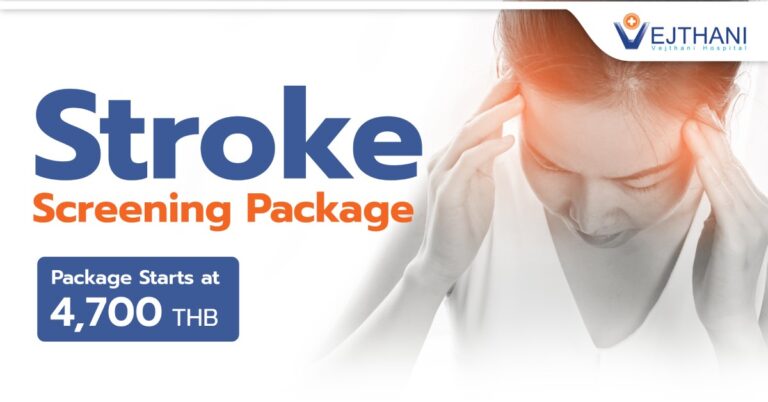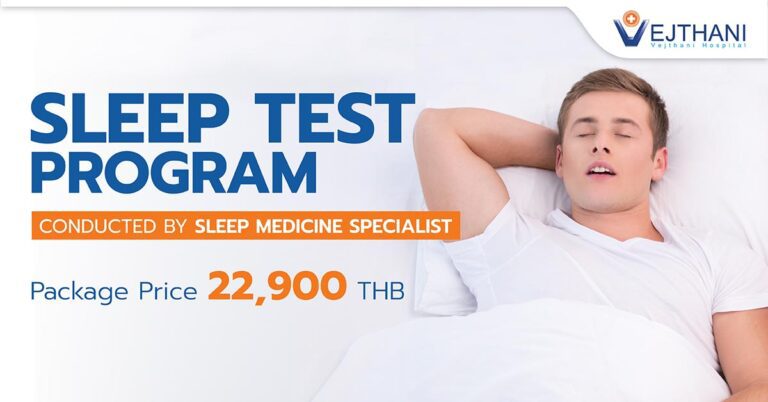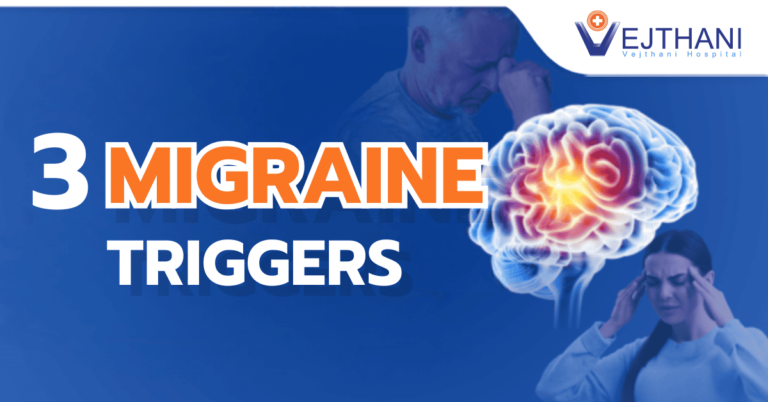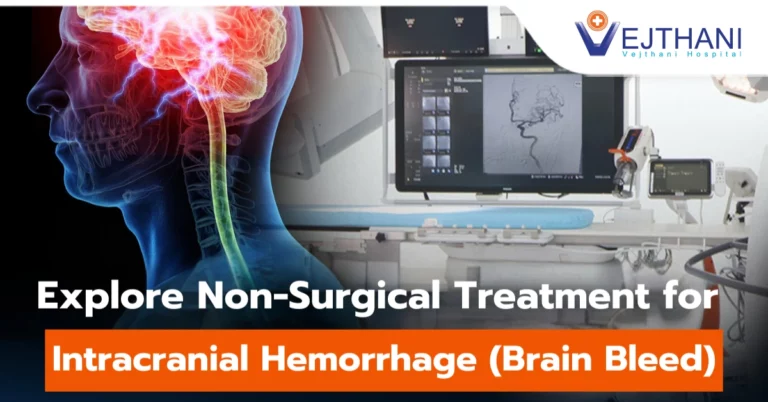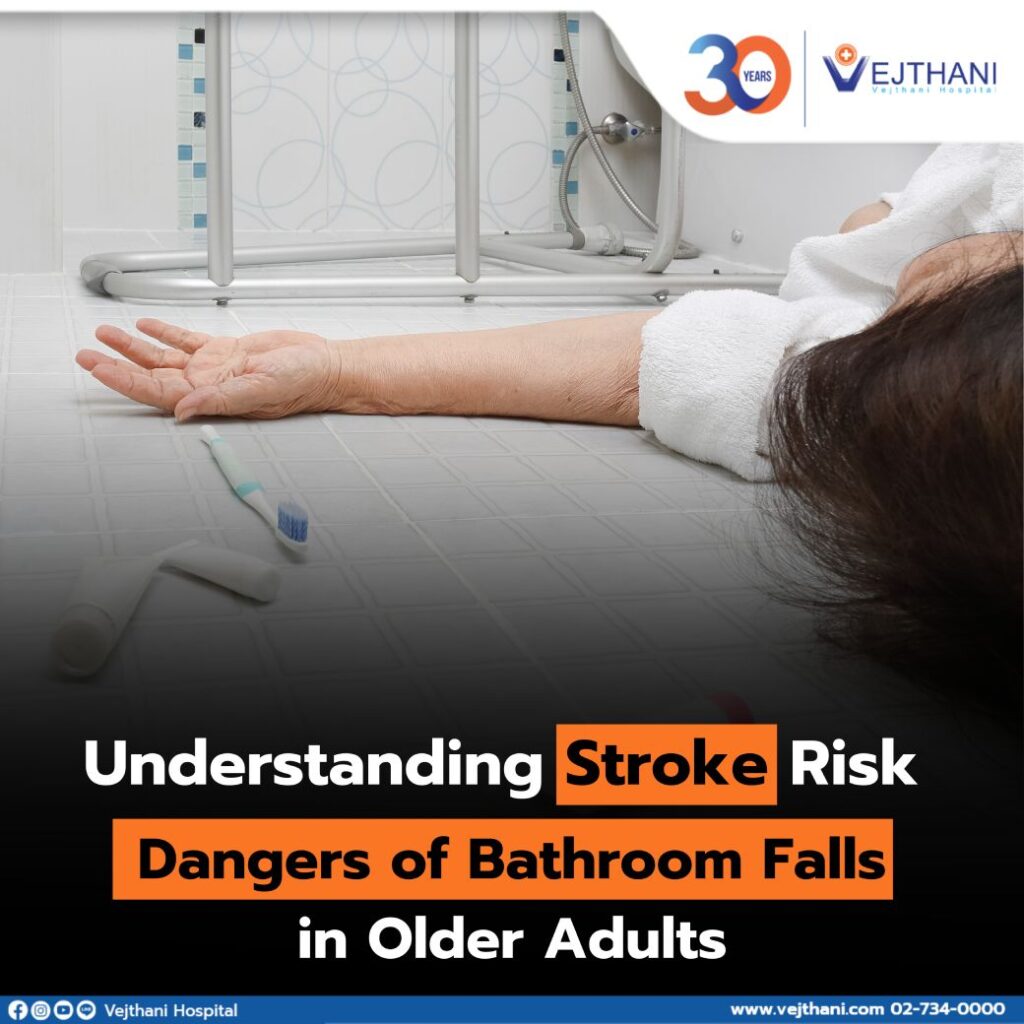

A stroke is a medical emergency caused by a blockage, narrowing, or rupture of a blood vessel in the brain. It results in brain injury, a lack of blood supply, and damaged brain cells. Symptoms could be facial drooping, slurred speech or inability to speak, arm and leg weakness, hemisensory loss, or staggered. Strokes often occur in older adults and those with underlying diseases such as high blood pressure, diabetes, and high cholesterol.
Four reasons why older adults often experience stroke in the bathroom
- When taking a cold shower, blood pressure rises, causing the vessels to rupture. Due to hypertension, the constricted blood vessels become clogged. This blockage can lead to brain ischemia or a lack of oxygen, potentially causing a fall and subsequent paralysis.
- Sudden movements, like getting out of bed quickly or standing up abruptly, increase intracranial pressure, which may cause blood vessels in the brain to burst.
- Straining during bowel movements, coughing, or sneezing can raise pressure in the brain up to 10 times.
- Individuals with high blood pressure who are taking medication every morning should be aware that the effect of medication tends to wear off in the evening. This may cause blood pressure to rise in the evening, which can silently increase your risk of stroke.
How to prevent the risks of having a stroke in the bathroom
- Individuals with underlying health conditions like high blood pressure, diabetes, or high cholesterol should be cautious when changing positions. To minimize risks, stand up slowly and gradually and avoid prolonged standing.
- Avoid extreme hot showers and prioritize mental well-being by managing stress and anxiety.
However, if you find yourself or someone close to you experiencing symptoms of a stroke, it is crucial to seek immediate medical attention at the nearest hospital to ensure timely and appropriate treatment.
For more information, please contact
Neuroscience Center, Vejthani Hospital.
Tel. 02-734-0000 Ext. 5400
English Hotline: (+66)8-522 38888
- Readers Rating
- Rated 4.8 stars
4.8 / 5 ( Reviewers) - Spectacular
- Your Rating













